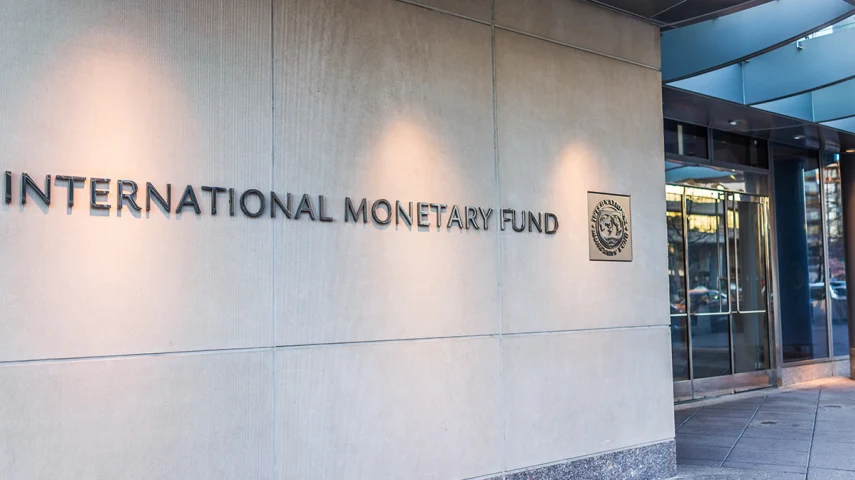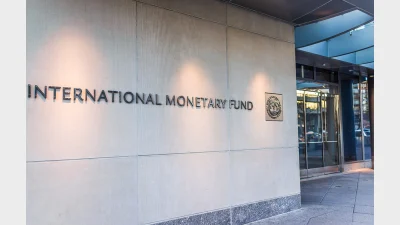IMF backs removal of super tax breaks



The Australian government should phase out tax breaks from superannuation and capital gains, according to the latest report from the International Monetary Fund.
In its Concluding Statement (Article IV) on the Australian economic landscape, released on 2 October, the IMF said that “tax breaks, including from capital gains tax discount and superannuation concessions, could be phased out to generate a more equitable and efficient tax system”.
“Tax reforms should target system efficiency and fairness, reducing reliance on direct taxes and high capital costs that hinder growth,” the IMF said.
In Australia, these two tax breaks are worth around $70 billion a year – $19 billion in capital gains tax and $52 billion in superannuation concessions.
In recent weeks, the controversial issue of capital gains and negative gearing have been on the agenda, following confirmation that the Treasurer instructed Treasury to explore changes to the policy and options to scale them back.
AMP’s chief economist Shane Oliver previously said that any changes to negative gearing could create distortions in the market, potentially exacerbating property affordability issues by reducing the supply of rental properties.
Capital gains, on the other hand, Oliver said, are potentially excessive and could use a revision.
“There is a case to consider removing the capital gains tax discount and return to the pre-1999 approach of adjusting capital gains for price inflation,” he said earlier this year.
The IMF report said that Australia’s financial sector policies should prioritise maintaining stability, while carefully addressing localised vulnerabilities arising from tightened financial conditions.
“Banks are in a strong position, showcasing high capital levels, solid liquidity, and healthy profits, while also demonstrating resilience in recent stress tests conducted by the Australian Prudential Regulation Authority (APRA),” it said.
It said that the IMF “welcomes APRA’s plan for the first system stress test to better understand interconnectedness across the financial system, providing a platform to quantify, assess and respond to identified risks”.
“The mission team also welcomes APRA’s close monitoring of lending standards and regular review of macroprudential policy settings and would reiterate its recommendation that the authorities consider pre-emptively expanding their toolkit to include additional borrower-based measures, such as debt-to-income and loan-to-value ratio, to manage household indebtedness and ensure financial stability amid the housing market pressures,” it said.
Recommended for you
Australia’s largest super funds have deepened private markets exposure, scaled internal investment capability, and balanced liquidity as competition and consolidation intensify.
The ATO has revealed nearly $19 billion in lost and unclaimed super, urging over 7 million Australians to reclaim their savings.
The industry super fund has launched a new digital experience designed to make retirement preparation simpler and more personalised for its members.
A hold in the cash rate during the upcoming November monetary policy meeting appears to now be a certainty off the back of skyrocketing inflation during the September quarter.









